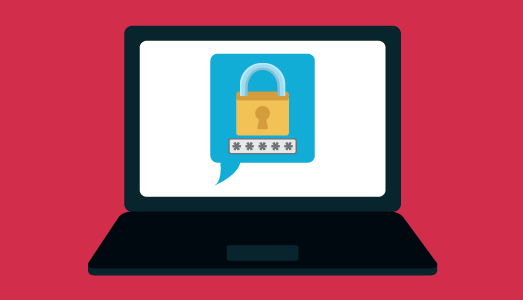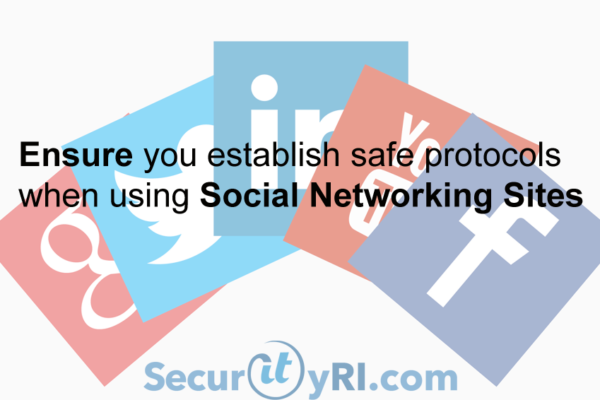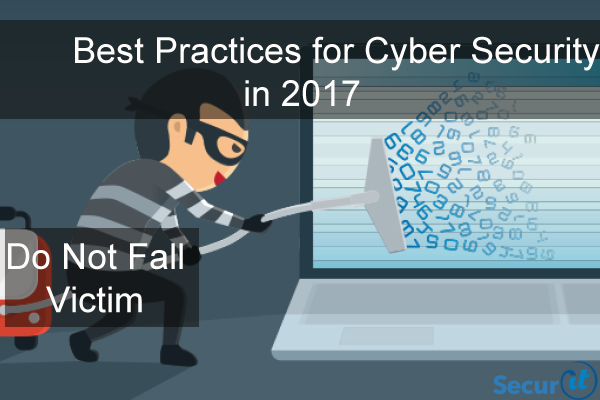High Alert! Ransomware is locking down local businesses
BE AWARE! Ransomware is on the rise and is shutting down businesses in our local community.
If you’re unsure what Ransomware is, it’s a computer malware that installs covertly on a victim’s device (computer, smartphone, wearable devices, etc.). The malware holds the victim’s data hostage, or exposes the victim’s data until the ransom is paid.
Think about how crippling Ransomware is, your entire business is shut down until the ransom is paid. Business transactions cannot be made, disgruntled customers, and negative exposure.
Our company has recently noticed an article from the Providence Journal regarding a Ransomware shutdown of a prominent Providence law firm. The article talks about how the Providence law firm was held captive for months by encrypting its files and then demanding $25,000 in ransom paid in cyber currency to restore access. During the seizure, the firm claims they were left unproductive and unable to operate, resulting in $700,000 lost billing. Not only did they lose $700,000, the insurance company refused to pay their claim.
As a “Complete Security Solution” company, we want to warn our community and inform that cyber threats are no joke. Prevention should not be taken lightly, and you must implement prevention instead of reaction. Listed below are a few prevention tips:
- Start with a well-rounded antivirus with active monitoring
- The software must include anti-malware and anti-ransomware programs.
- Next, create secure backups of your data on a regular basis
- You can purchase USBs, external hard drive or cloud storage.
- Stay Informed
- Read about current events, follow cyber security blogs, search the web, educate yourself.
- Outsource
- When all fails or you simply do not want to deal with the cyber drama, you can outsource to the professionals.
In closing, be safe. Complete your due-diligence, understand the different types of cyber threats. Protect yourself, business, employees and customers.







